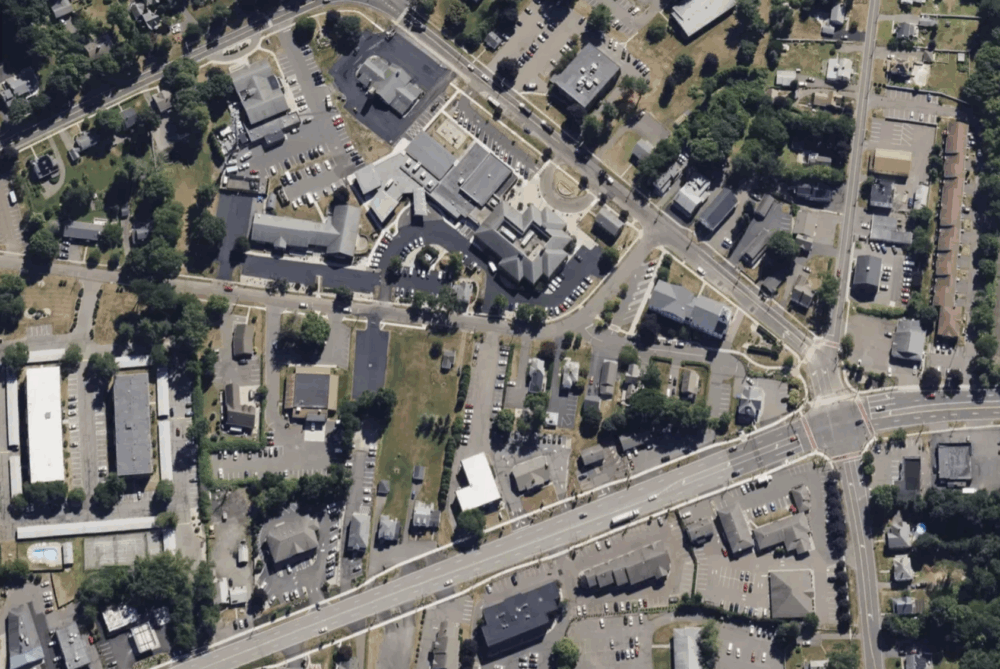In a recent opinion piece, the Mayor of Rocky Hill claims that the State of Connecticut is placing undue hardship on municipalities and applying a “double standard” when it comes to taxation.
Her article begins with a personal anecdote about her children learning not to argue at the dinner table—an analogy that feels somewhat misplaced in the context of a serious policy discussion. A more fitting comparison might be a child who eats all their Halloween candy in one night, then complains the next day that they don’t have any left and deserve more of their sibling’s. The point being: it’s not enough to receive our share resources—we must also use them wisely.
The Mayor often returns to the topic of PILOT (Payment in Lieu of Taxes), a long-standing program through which the state reimburses municipalities for tax-exempt state-owned properties. Contrary to the implication that Rocky Hill is being shortchanged, the truth is that PILOT payments to Rocky Hill—like those to other municipalities—have increased in recent years. In fact, in 2022 the state nearly doubled its overall PILOT funding and has continued to increase that support since. While Rocky Hill may have received approximately $840,000 last year compared to a theoretical maximum of $3.3 million under the PILOT formula, it’s worth noting that every municipality receives a prorated share—and that larger cities with significant concentrations of state facilities are even more acutely affected.
We share the Mayor’s desire to see more state revenue directed back to municipalities, especially given Connecticut’s improved fiscal condition in recent years. But we also understand the broader priorities in Hartford. State leaders have chosen to return surplus revenues to residents in the form of income tax cuts and motor vehicle tax relief—policies that benefit working families and all vehicle owners, not just property taxpayers. That’s a choice we support, and it reflects a balanced approach to statewide economic equity.
The Mayor also expresses concern about tax exemptions for 100% disabled veterans—an initiative created by the legislature in 2022 and approved unanimously by the Rocky Hill Town Council in August 2023. We believe that providing property tax relief to those who have served our country honorably and face lifelong disabilities is not just sound policy—it’s the right thing to do.
Perhaps most troubling, however, is not what funding Rocky Hill hasn’t received, but what has been done with the significant funding we have received. Under this administration, Rocky Hill has benefited from millions in state and federal funds: $5.9 million in American Rescue Plan Act (ARPA) funds, $2 million for the Housing Authority, and multiple grants for sidewalks and infrastructure totalling at least $2.8 million. These opportunities were made possible through the efforts of our Democratic state legislators, whom voters send to Hartford every two years to advocate for our town.
Yet residents are left wondering: where are the results? The ARPA funds could have addressed major infrastructure projects—our aging pool, outdated HVAC systems in our schools, or critical roof repairs. These are practical, visible needs that could have been resolved without placing further burdens on local taxpayers. Instead, much of the funding was directed toward temporary staffing and overhead, which are now baked into our ongoing annual budget.
Similarly, while Rocky Hill has been awarded multiple grants for sidewalks on Glastonbury Avenue, Washington Street, and Century Hills Drive, residents have seen little follow-through. Aside from a single sidewalk installed on Winter Lane—a quiet cul-de-sac—these projects remain quiet, despite the availability of funds.
The core issue is not a lack of funding. It is a lack of strategic vision, execution, and long-term planning. For three terms, we’ve heard the same refrain: that Hartford is to blame for your taxes going up. But when money does come, we need leadership that ensures it is used to make tangible improvements in the lives of Rocky Hill residents.
As the Rocky Hill Democratic Town Committee, we believe it’s time for a more proactive, responsible approach to local governance—one that builds partnerships, maximizes the resources we have, and invests in projects that benefit everyone in our community. Let’s stop pointing fingers and start planning wisely.


